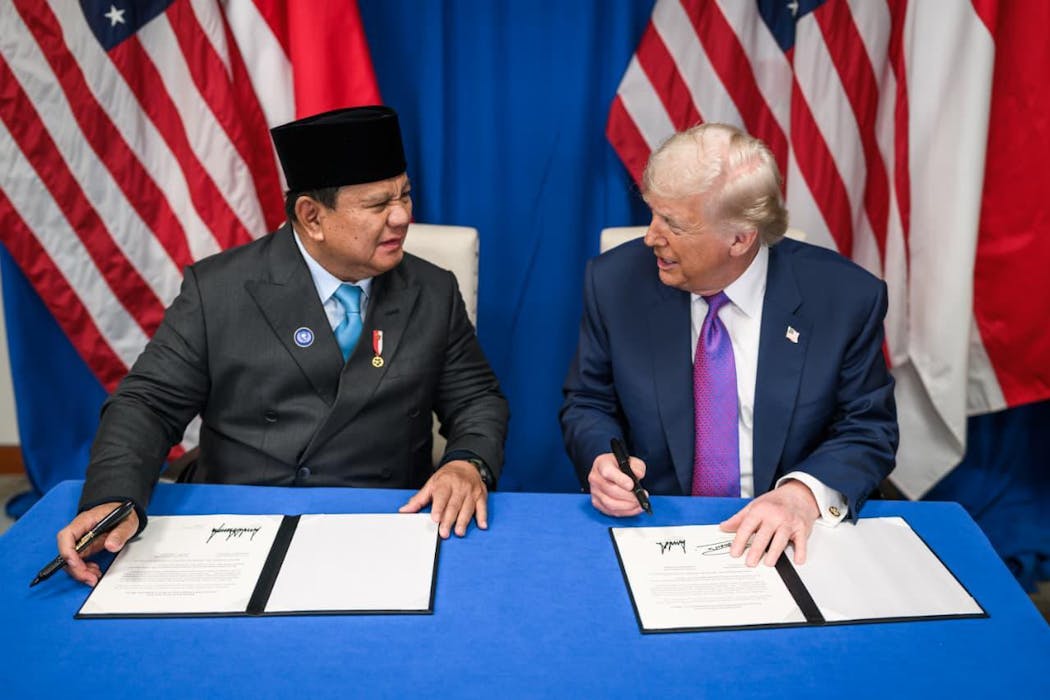Nanyang Polytechnic develops world’s first unagi cell lines and plant-based growth serum
- Written by Nanyang Polytechnic
In addition, with rampant overfishing causing marine populations to dwindle drastically, enjoying traditional seafood dishes may soon become a problem. One-third of commercial fish stocks are harvested at biologically unsustainable levels, and a staggering 90% are exploited.[1]
The development of the fish cell lines was led by Mark Richards, NYP's Lead Specialist in Aquaculture Technology, with funding support from the Singapore Food Story R&D Grant managed by Singapore Food Agency and A*STAR. To address ethical concerns raised on the usage of fetal bovine serum for cell lines, the NYP team used an alternative serum extracted from a plant source. With significant cost savings from using the plant-based serum, fish cells can now be grown in a more sustainable manner, and at a larger scale.
Dr Joel Lee, Director of Nanyang Polytechnic's School of Applied Science, said, "We've worked on a variety of food fish species, but we have had the most success with unagi, which is unfarmable today. Through our R&D, we were able to transform and develop the fish cells into products like fish cakes and fillets, while prioritising and addressing the sustainable and ethical concerns of seafood farming."
NYP has licensed three of the in-house developed proprietary cell lines to Umami Meats, a Singapore-based food tech start-up developing sustainable seafood, for retail. They include the Japanese eel/unagi (Anguilla japonica), humpback grouper (Cromileptes altivelis), and orange-spotted grouper (Epinephelus coioides). It is expected that seafood products developed using these cell lines will be available as early as 2024.
Hashtag: #NanyangPolytechnic
The issuer is solely responsible for the content of this announcement.
References
- ^ Media OutReach (www.media-outreach.com)
Authors: Nanyang Polytechnic
Read more https://www.media-outreach.com/news/singapore/2023/01/16/193154/





